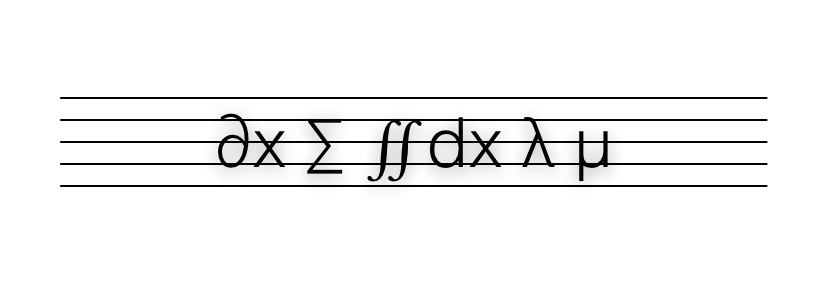Elasto Mania became a cult classic game around 8 years ago when I was in high school. It swept our school network (and many others) like a class A drug – you know it will suck you into its world, but the draw of being there is too strong to resist. Not that I have any experience with narcotics, mind. It was created by independent Hungarian developer Balázs Rózsa in 2000 – someone who surely has earned the respect of […]





